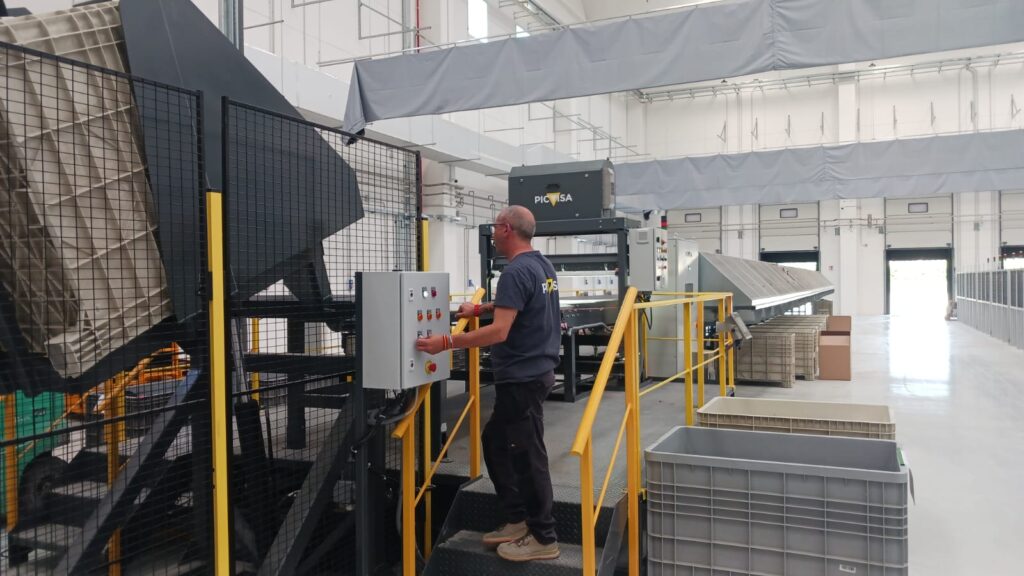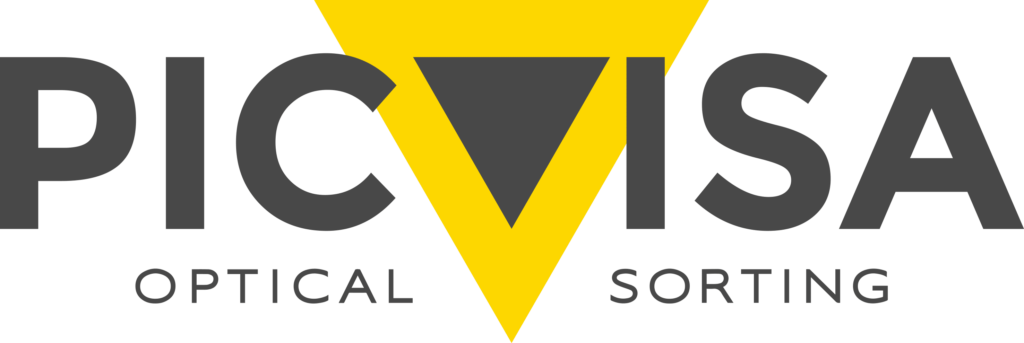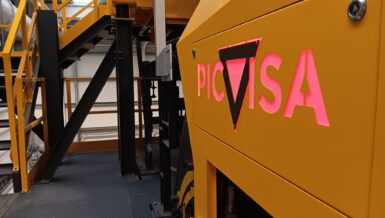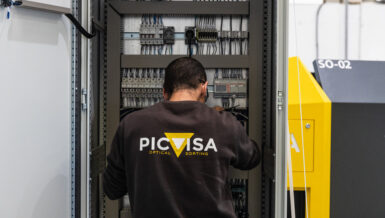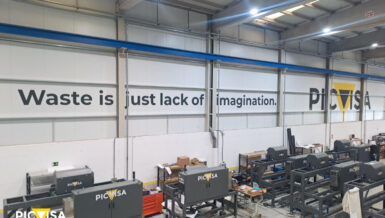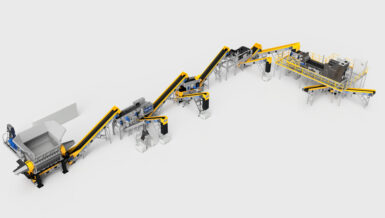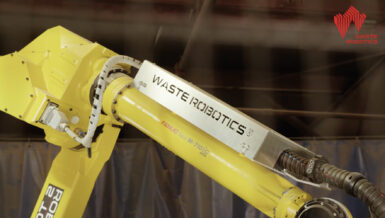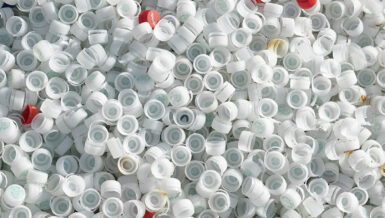PICVISA, a Spanish company specializing in artificial vision, robotics, and artificial intelligence for the sorting of recyclable materials, will once again take part in ECOMONDO, the leading international trade fair for the circular economy, held in Rimini (Italy) from November 5 to 8.
From its stand A3 506, PICVISA will demonstrate how its AI-driven technologies are redefining efficiency and precision in the separation, sorting, and recovery processes of recycling plants around the world.
Glass: New AI for detecting dark or labeled glass
In the glass sector, PICVISA is launching a new turnkey project in Brazil, strengthening its international leadership with its ECOGLASS system, now featuring artificial intelligence capable of detecting dark or labeled glass.
This technological improvement optimizes the recovery of glass that is difficult to identify, ensuring higher purity of recycled material and reducing product losses.
Textile: Advanced sorting and new plants across Europe
In the textile field, PICVISA continues advancing in post-consumer waste automation, with the first automatic textile sorting plant in Lipor (Portugal) and new facilities under development in Italy, France, and Spain.
Its ECOSORT TEXTILE technology, based on hyperspectral imaging and artificial intelligence, is capable of distinguishing between knitted and woven fabrics, as well as identifying complex materials or fiber blends. Now, it also offers the option of robotized feeding, which automates the handling and placement of garments onto the conveyor belt, enabling a fully automated and more efficient sorting process— from material input to final separation.
Plastics: New ECOFLAKE lines and black-plastic detection
In plastics recycling, PICVISA is expanding with new ECOFLAKE lines in Spain and the United States, designed to process unique materials such as shoe soles and shredded waste from WEEE (waste electrical and electronic equipment).
In parallel, the company is preparing to launch new AI software for black-plastic detection, enabling recycling plants to classify materials that have so far been invisible to conventional optical sensors.
Metals: The new Eldan Sorting optical line
In the metals sector, PICVISA has developed for Eldan Recycling the new Eldan Sorting optical classification line, comprising the SPS (Small Purpose Sorter) and MPS (Multiple Purpose Sorter) systems.
Both systems, designed and engineered by PICVISA, solve key challenges in the automated sorting of cables, e-waste, non-ferrous metals, and stainless steel, delivering a step change in precision, speed, and material recovery.
The Eldan Sorting solutions will be showcased both at PICVISA’s stand (A3 506) and at Eldan Recycling’s adjacent stand, where the full range of joint solutions for metal and complex-material recycling will be presented.
Innovation for an intelligent circular economy
With these developments, PICVISA reinforces its commitment to technological innovation in service of the circular economy.
Its goal: to improve traceability, purity, and energy efficiency in recycling processes, turning waste into new resources.
At ECOMONDO 2025, visitors will discover PICVISA’s flagship solutions — ECOGLASS, ECOPACK, ECOCLIP, ECOSORT TEXTILE, and ECOFLAKE — and learn how the integration of computer vision, robotics, and AI is shaping the future of smart recycling.

